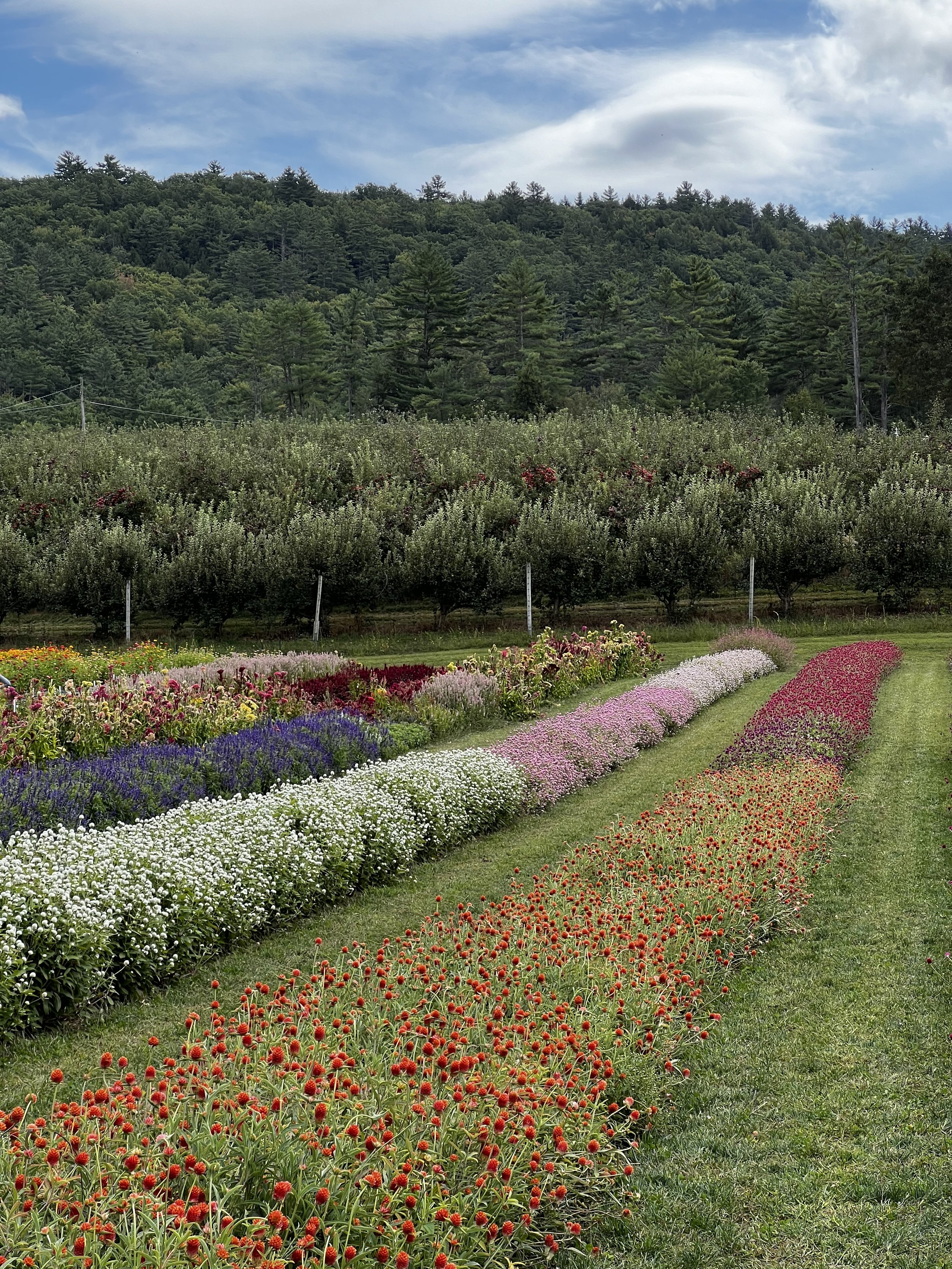Feeding the World with Waste: The Future of Sustainable Farming
A groundbreaking study published in Nature Sustainability reveals that human and animal waste contain enough nutrients to replace all chemical fertilizers worldwide. This discovery could revolutionize agriculture, offering a sustainable, cost-effective alternative to traditional fertilizers while addressing global waste management issues.
The study found that waste contains essential nutrients like phosphorus, potassium, and nitrogen—key components of fertilizers. Currently, these nutrients are either mined or manufactured, processes that are both expensive and environmentally harmful. By recycling waste, we could reduce fertilizer costs, improve soil health, and minimize pollution.
Countries like Japan, the Netherlands, and Sweden are already implementing waste-to-fertilizer programs. In Osaka, Japan, 100% of human waste is converted into fertilizer for local farms, while Dutch farmers have reported a 30% reduction in fertilizer costs using similar methods. India’s biogas-to-fertilizer initiatives are helping small farmers become less reliant on chemical fertilizers.
The benefits of this shift extend beyond cost savings. Over 60 nations could eliminate fertilizer imports entirely, reducing their dependence on fluctuating international markets. Recycling waste would also lower carbon emissions from fertilizer production, which currently contributes 1.4% of global CO₂ emissions.
However, transitioning to large-scale waste-based fertilizers requires investment in infrastructure, strict safety regulations, and public acceptance. While challenges remain, the potential for a more sustainable, waste-free agricultural system is immense. By embracing this approach, we can create a circular nutrient economy that benefits both farmers and the planet.
